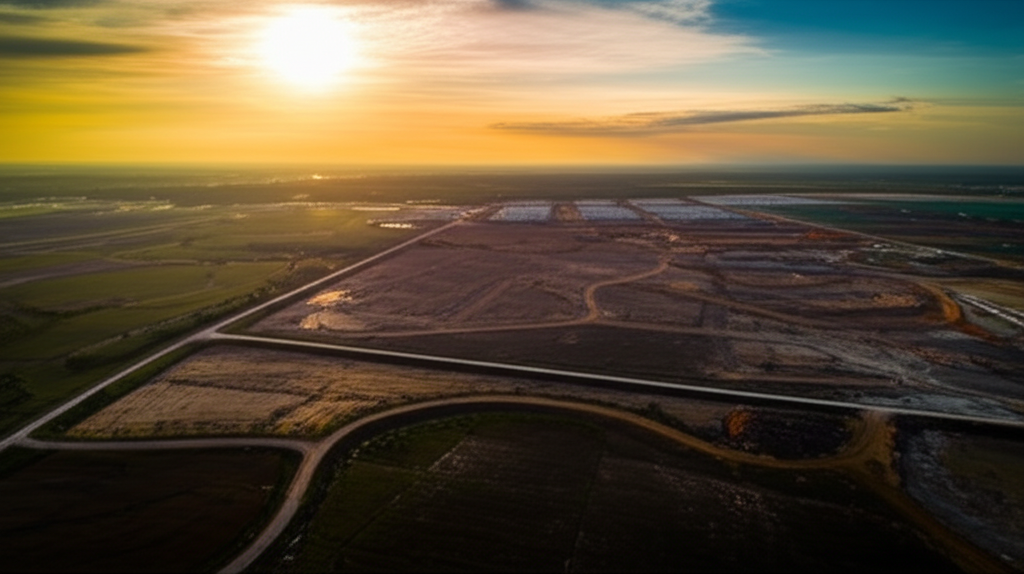UDA Holdings Bhd meluncurkan kampanye properti terbarunya, UDA Signature Dreams, yang menawarkan lebih dari 800 unit hunian di lokasi strategis di seluruh Klang Valley. Kampanye ini juga memberikan kesempatan kepada pembeli untuk memenangkan hadiah senilai hingga RM250.000. Presiden dan CEO Johari Shukri Jamil menyatakan bahwa inisiatif ini, yang berlangsung hingga 31 Desember, bertujuan meningkatkan kepemilikan rumah, terutama di kalangan pembeli Bumiputera, sekaligus memperkuat kepercayaan terhadap merek UDA sebagai pengembang terpercaya.
Empat proyek unggulan ditampilkan dalam kampanye ini, masing-masing dirancang untuk segmen pembeli yang berbeda. Residensi Akasia Raya, dengan harga mulai RM300.000, menawarkan pilihan terjangkau bagi pemilik rumah pertama kali di Klang Valley. Dedaun Residensi di Cheras, mulai RM506.000, dikonsep untuk keluarga dengan lingkungan komunitas terpadu yang mendukung kehidupan modern.
Untuk pembeli yang menginginkan gaya hidup premium, Residensi 38 Bangsar hadir dengan harga mulai RM955.000 dan lokasi strategis dekat stasiun LRT Bangsar. Sementara itu, Legasi Kampung Baru, yang terletak di kawasan warisan budaya Kampung Baru dengan harga mulai RM1,5 juta, memadukan warisan budaya dengan akses LRT langsung dan fasilitas modern.
Para pembeli yang berpartisipasi dalam kampanye ini akan mendapatkan berbagai insentif menarik, termasuk uang muka rendah, pembebasan biaya Perjanjian Jual Beli dan duta materai, serta paket furnitur rumah, sesuai dengan ketentuan proyek. Mereka juga berkesempatan memenangkan hadiah undian berhadiah, seperti dua tiket ke Piala Dunia FIFA 2026 dengan penerbangan dan akomodasi senilai RM150.000, serta peralatan rumah tangga senilai RM100.000.
Kampanye ini mencerminkan komitmen UDA dalam menyediakan pilihan hunian yang sesuai dengan berbagai aspirasi masyarakat, mulai dari kepemilikan rumah pertama, peningkatan ke ruang keluarga, hingga investasi di alamat premium. Johari menekankan bahwa tujuan perusahaan adalah memungkinkan kepemilikan rumah di setiap tahap kehidupan, sekaligus memastikan proyek-proyek mereka memberikan nilai tambah berkelanjutan bagi komunitas yang dibangun.






